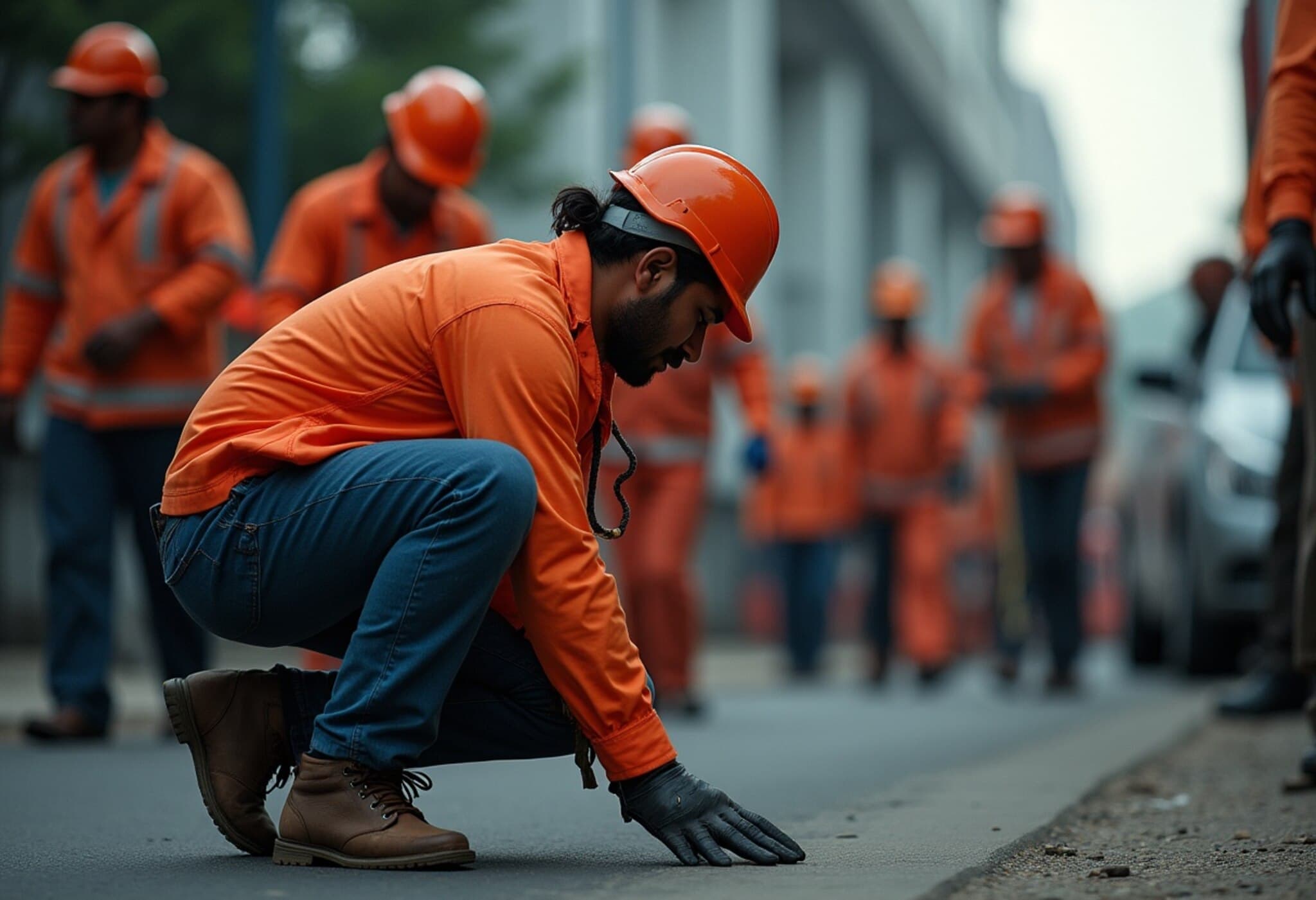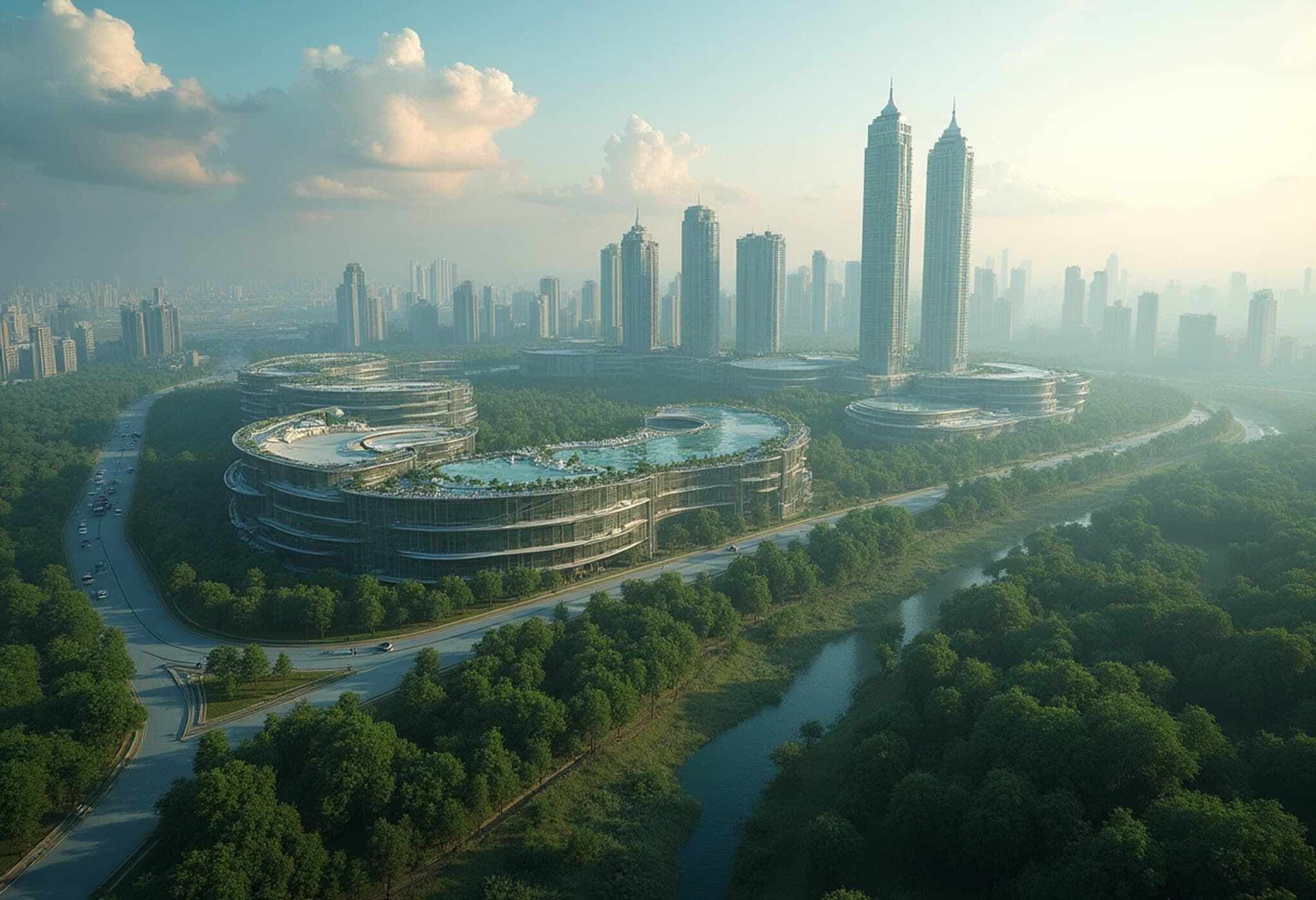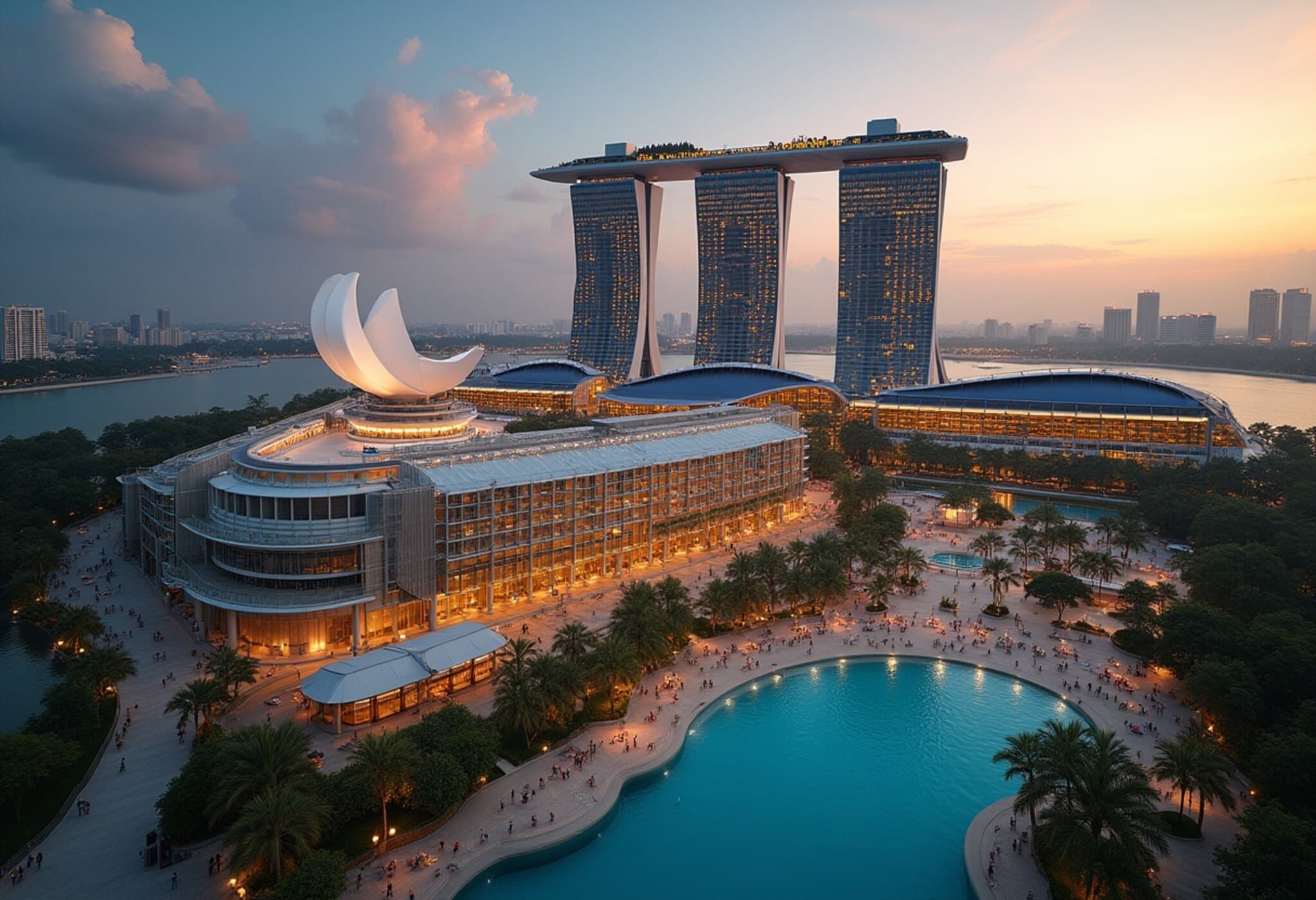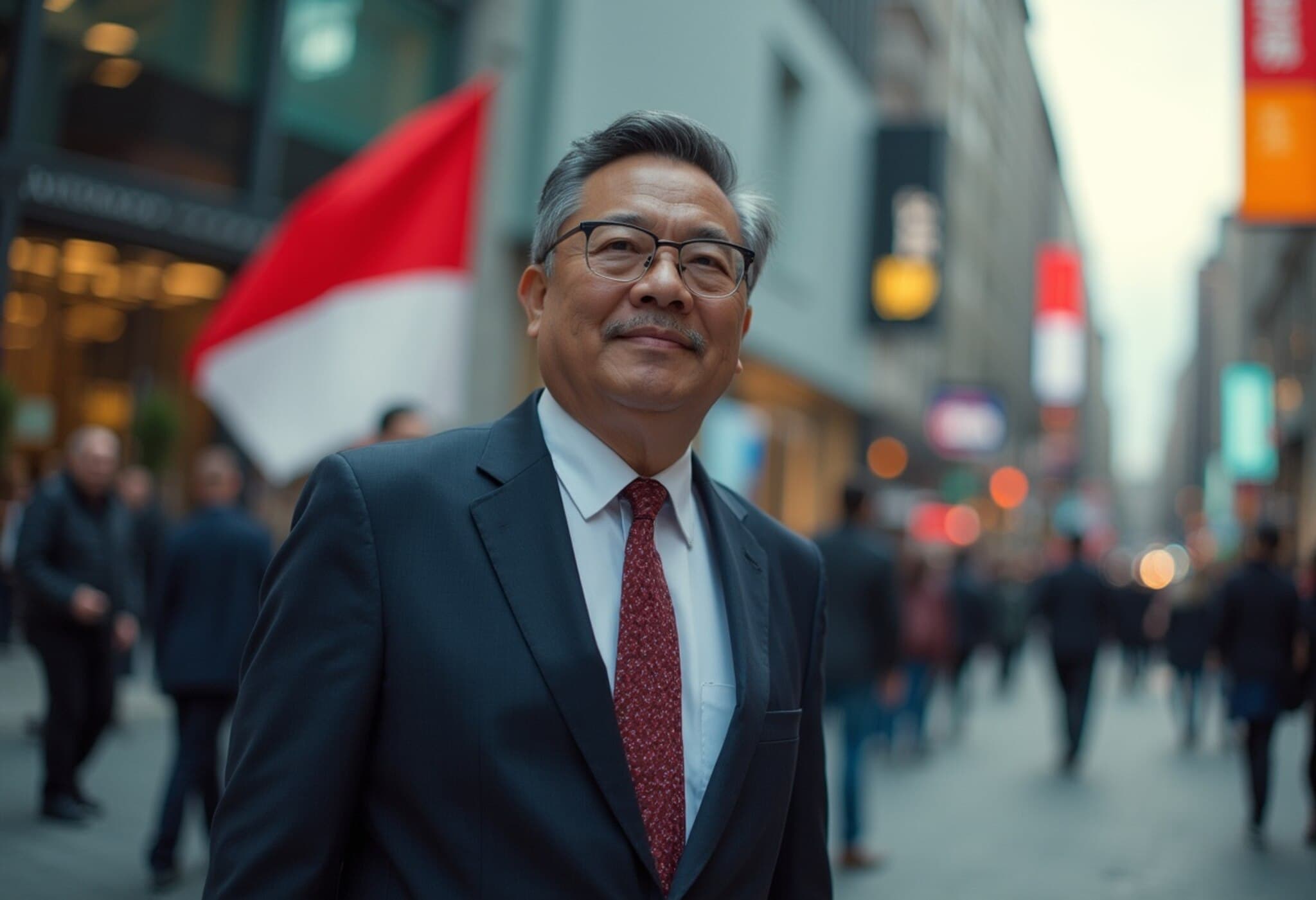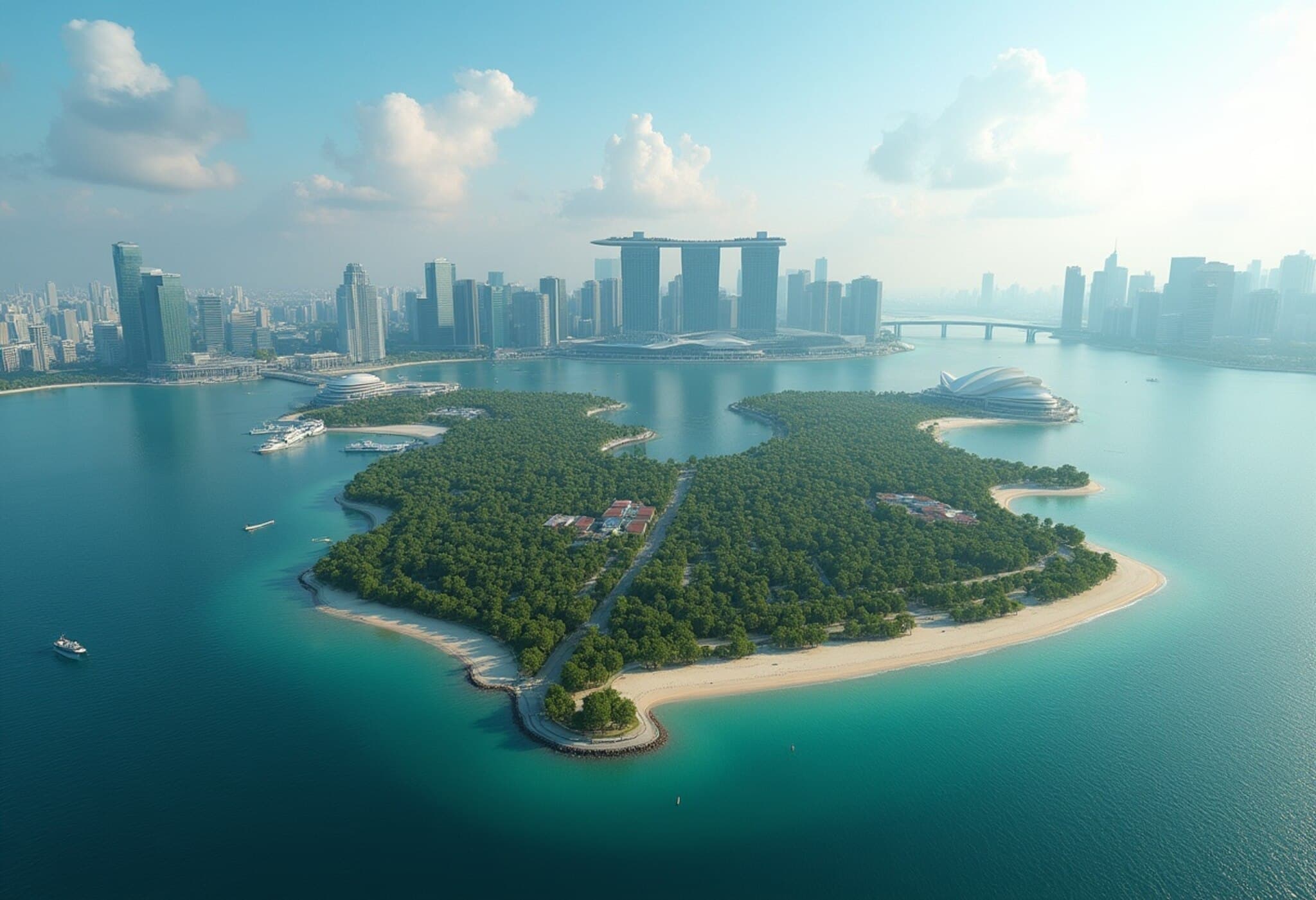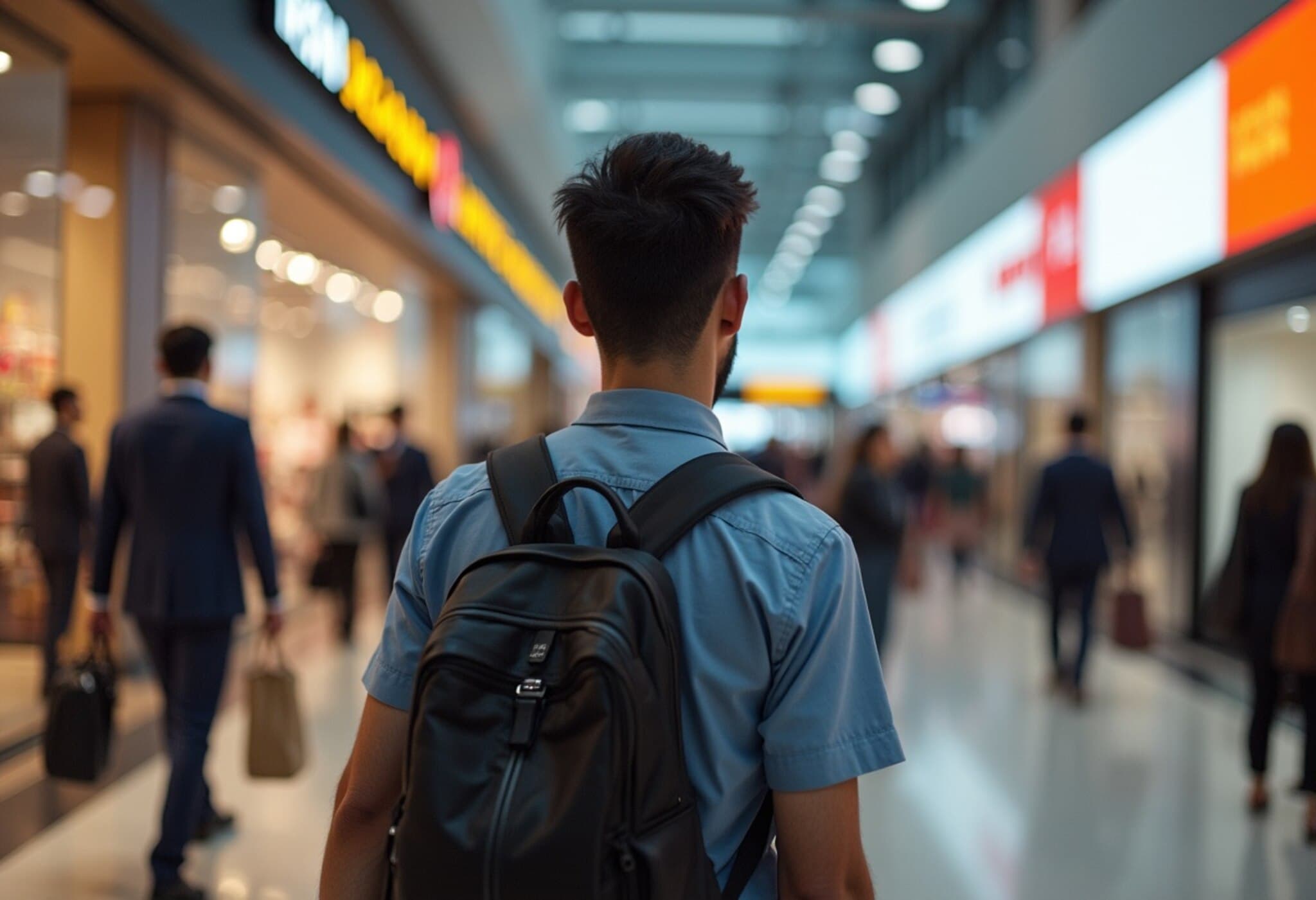Seven Indian Migrant Workers Rescue Woman from Sinkhole in Singapore
In a dramatic scene along Singapore’s east coast, seven Indian migrant workers sprang into action last Saturday to rescue a woman trapped after her car fell into a 3-foot sinkhole. Their brave and swift response not only saved a life but has also reignited conversations about the treatment and rights of migrant workers in Singapore.
The Incident: What Happened?
The sinkhole appeared suddenly on Tanjong Katong Road South, adjacent to an ongoing Public Utilities Board (PUB) project involving the construction of a 16-meter-deep shaft to connect three sewer lines. Around 5:50 p.m., a key concrete component within the shaft failed, causing the ground to collapse and swallowing the woman’s car.
Thanks to quick thinking and teamwork, site foreman Pitchai Udaiyappan Subbiah (47) and his colleagues—Velmurugan Muthusamy, Poomalai Saravanan, Ganesan Veerasekar, Bose Ajithkumar, Narayanasamy Mayakrishnan, and Sathapillai Rajendran—secured a rope and pulled the woman to safety within minutes, averting what could have been a tragic accident.
Recognition From Singapore's Leadership
In appreciation of their courage and prompt actions, the seven workers were invited by President Tharman Shanmugaratnam to the Istana presidential palace. The invitation coincides with the Istana Open House event scheduled for August 3, allowing these heroes to meet the president and other dignitaries.
President Tharman personally lauded the group on social media: “Bravo! Thanks to the migrant workers led by foreman Pitchai Udaiyappan Subbiah. They moved quickly and with courage.”
The Ministry of Manpower’s Association, Care and Engagement (ACE) Group also honored them with the ACE Coin—a special token recognizing migrant workers who have made outstanding contributions to the community.
Humanizing the Heroes: Voices from the Scene
Subbiah recounted the moment under pressure: “I was scared, but every feeling was focused on rescuing the woman first.” Their actions symbolize the resilience and humanity migrant workers demonstrate daily, far beyond their work sites.
Beyond the Rescue: Spotlight on Migrant Workers' Plight
This incident has sparked a broader public dialogue on the socioeconomic challenges migrant workers face in Singapore. Despite their vital role in the city-state’s infrastructure and economy, these workers often grapple with low wages, limited labor protections, and difficult living conditions.
Key Issues Facing Migrant Workers in Singapore
- No Minimum Wage: Singapore currently lacks a mandated minimum wage for migrant workers, with some earning as little as S$300 (approximately $233) monthly.
- Living Conditions: Many migrant workers reside in crowded dormitories, often far from the city and local communities, impacting their quality of life and social integration.
- Workplace Exploitation: Reports highlight instances of excessive working hours and exploitative practices by certain employers or recruitment agencies.
Advocacy groups urge the government and businesses to implement stronger protections and fairer compensation to ensure migrant workers’ dignity and well-being.
Expert Insight: A Crucial Moment for Policy Reform
Legal and labor experts note that while Singapore boasts robust infrastructure development driven by migrant labor, this reliance must be matched by equally robust worker protections. The heroic rescue shines a light on the humanity of these workers and the urgent need to balance economic growth with social justice.
Dr. Amanda Lee, a policy analyst specializing in labor rights in Southeast Asia, observes, “Acts of heroism like this remind us migrant workers are not just labor units—they are individuals with families, dreams, and rights that deserve safeguarding through comprehensive policies.”
Moving Forward: What Can Be Done?
As Singaporeans and the international community celebrate this courageous act, the question remains: Will this moment inspire meaningful reforms to uplift migrant workers’ conditions?
Potential avenues include:
- Introducing enforceable minimum wage standards for migrant workers.
- Enhancing oversight on employment contracts and recruitment practices.
- Improving living standards, including dormitory conditions and community integration programs.
- Increasing avenues for migrant workers to voice grievances without fear of retaliation.
Only through concerted efforts by government, civil society, and employers can the dignity and rights of these essential workers be truly protected.
Editor’s Note
The story of seven Indian migrant workers bravely saving a life in Singapore is both heartening and a stark reminder of the deeper systemic issues migrant communities face. While their heroism deserves celebration, it equally calls for reflection on how societies treat those who build their cities from the ground up. This incident opens a timely dialogue about equity, labor rights, and human dignity—questions that global cities relying on migrant labor cannot afford to overlook.

